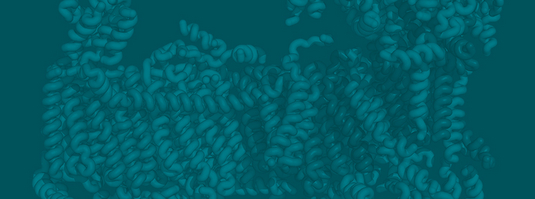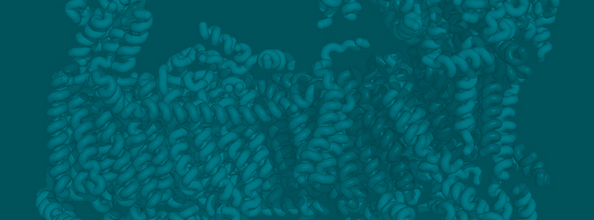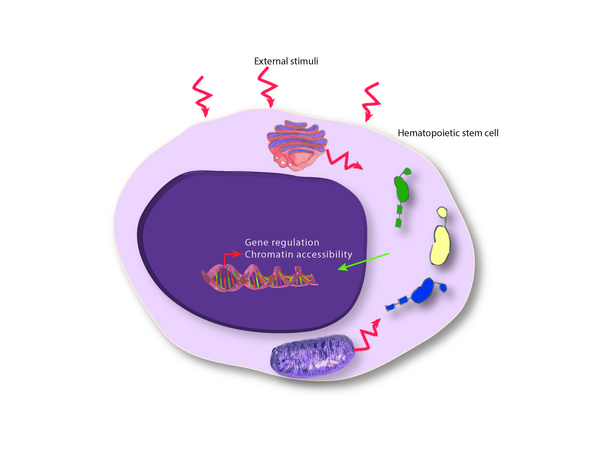Dr. Eirini Trompouki (CIBSS-AI), Max Planck Institute of Immunobiology and Epigenetics Freiburg
Hematopoietic stem cells (HSCs) are the founders of all differentiated blood lineages involved in tissue oxygenation and immunity. The hematopoietic system is tightly controlled at multiple levels in a cell-autonomous or cell non-autonomous manner. Disturbance of this regulation at any level can severely compromise the hematopoietic system and may even lead to devastating diseases like leukemia or anemia. In most blood disorders or any other stress situations, the organisms rely on HSCs to replenish the system with new blood cells and keep the balance. Despite vigorous efforts, we still do not fully understand: i) the signals that govern HSPC maintenance and differentiation under homeostatic or stress conditions, ii) how these signals are transmitted to the nucleus and iii) how to use signaling pathways to efficiently expand HSPCs in vitro or combat disease. Using zebrafish and mice as model systems we focus our interests on the transmission of signals from the external environment through cytoplasmic regulators to the nucleus.






